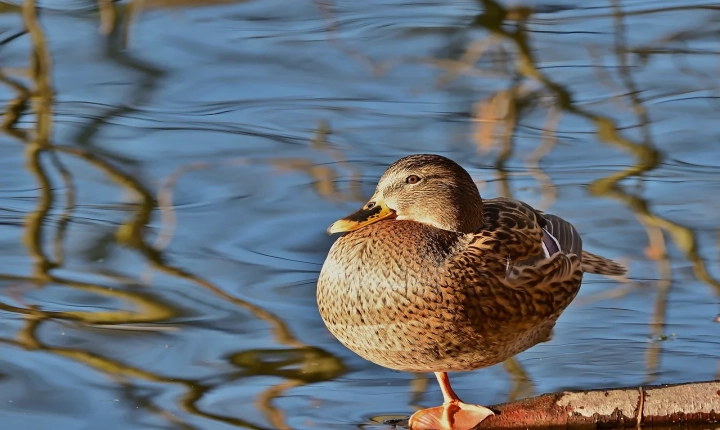AI-generated images have become increasingly popular in recent years for their ability to produce stunning visuals without the need for human intervention. This has raised an important question – are AI-generated images copyright-free? The answer to this question is not as straightforward as one might think.
AI-generated images are created using algorithms and machine learning techniques, which means they are not produced by human effort or creative input. As a result, some may argue that these images should be considered as part of the public domain and free for anyone to use. However, it’s important to consider the legal and ethical implications surrounding AI-generated images and their copyright status.
The issue of copyright for AI-generated images becomes more complex when we take into account the input data used to train the AI model. Many AI algorithms are trained on large datasets of images, some of which may be copyrighted material. This raises concerns about the potential infringement of copyright laws when using AI-generated images, as they may inadvertently contain elements from copyrighted sources.
In addition, the ownership of the AI algorithm itself can also raise questions about copyright. If an AI algorithm is developed by a company or individual, they may claim copyright over the output generated by that algorithm. This means that users may need to seek permission from the owner of the AI model to use the images it produces, just as they would for any other copyrighted material.
On the other hand, some argue that AI-generated images should be considered as a form of creative output in themselves, and therefore should be protected by copyright law. This viewpoint raises questions about the legal rights of AI algorithms and whether they can be considered as creators of original works.
To further complicate matters, different jurisdictions may have different interpretations of copyright law when it comes to AI-generated images. This creates a legal grey area where the status of AI-generated images and their copyright protection may vary depending on where they are used and distributed.
It is worth noting that the legal landscape surrounding AI-generated images is still evolving, and there is a lack of clear legal precedent in many jurisdictions. This makes it difficult to provide a definitive answer to the question of whether AI-generated images are copyright-free.
In light of these uncertainties, it is essential for individuals and organizations to approach the use of AI-generated images with caution. It is advisable to seek legal advice and obtain the necessary permissions before using AI-generated images, especially in commercial or public-facing contexts.
As technology continues to advance, the issue of copyright for AI-generated images is likely to become increasingly relevant. It will be crucial for lawmakers and legal experts to adapt copyright laws to address the unique challenges posed by AI-generated content, in order to provide clarity and protection for both creators and users of these images.
